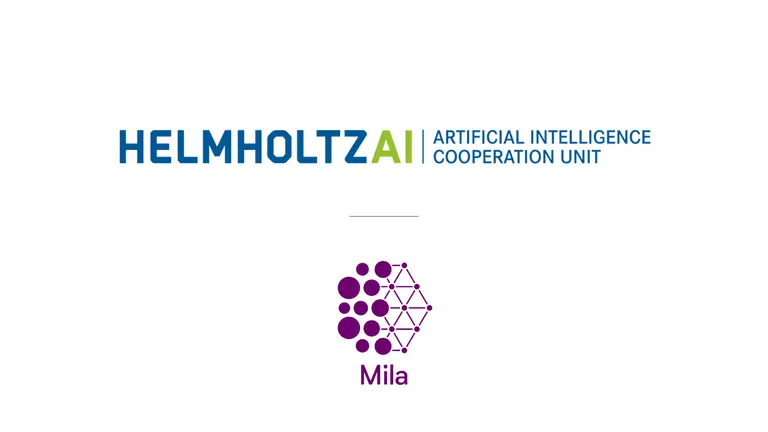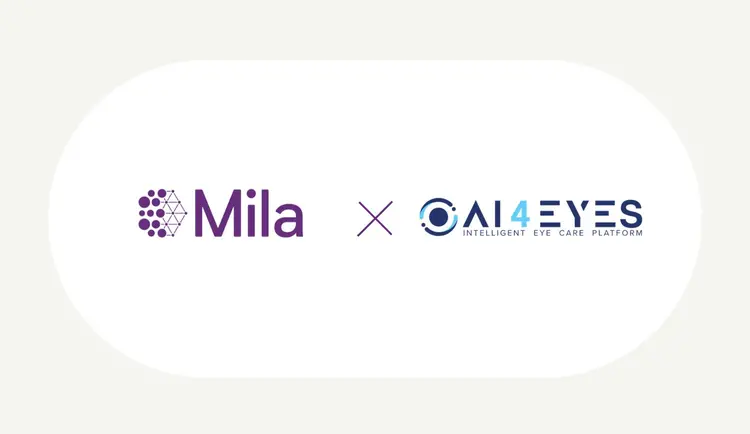
Montreal, October 27, 2022 — Mila, the Quebec Institute of Artificial Intelligence and Helmholtz Munich are joining forces to develop causal models of the cell, forming a Helmholtz International Lab. The announcement of this new German-Canadian collaboration takes place on October 27, 2022 at Mila's headquarters in Montreal.
Prestigious guests are taking part in this symposium as part of a joint event to launch this ambitious project. After speeches by Yoshua Bengio (Mila), Otmar Wiestler (Helmholtz Association) and Fabian Theis (Helmholtz Munich), Mathieu Blanchette and Dhania Sridhar took part in a round table on Understanding Causal Regulatory Gene interactions: Hopes and Challenges. Presentations by postdoctoral researchers and doctoral students on themes directly related to the objectives of this new laboratory followed.
Recent breakthroughs in genomics allow measuring with an unprecedented resolution both individual cellular differences and how cell characteristics are influenced by their environment. Genomics is one of the most dynamic sources of metadata in molecular biology. The use of causal learning to model a single cell now makes it possible to understand and interpret gene regulation according to different biological features. The impact of these new approaches extends from stem cell biology to biomedical.
Merging Mila's remarkable deep learning expertise and Helmholtz's genomics-specific bioinformatics skills will make it possible to model cellular dynamics from observations of single-cell genomics as well as the latent causes that govern these mechanisms.
More specifically, the goal is to develop methods to understand the underlying causal structures in order to explain the cell trajectories. This collaboration aims to develop robust high-dimensional causality models, to understand deep representations of responses to perturbations of cells, and to include biological priors to ease the interpretation of results using models trained on experimental data such as epigenetics.
Quotes
“Data is the basis of our research and fueling the application of AI. No human mind can absorb these millions of data points – but a computer could! We are excited to work with the large amounts of biodata and computational biology expertise from our Helmholtz colleagues and to combine the experience of our research groups”, explained Yoshua Bengio, Founder and Scientific Director of Mila.
“ We want to predict the significant causalities of various diseases, and we are thrilled to play this out together with Mila to make significant progress in both AI and basic biology research”, Fabian Theis, Director of the Institute for Computational Biology (Helmholtz Munich) and of Helmholtz AI





